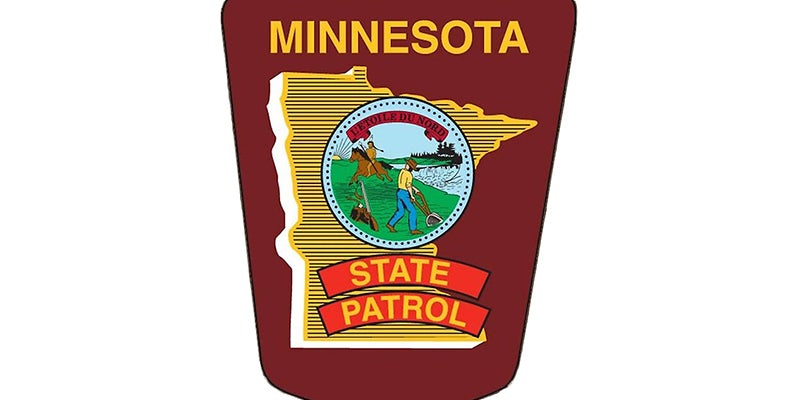Our Opinion: Support intellectual freedom
Published 9:40 am Thursday, September 25, 2014
This week — Sept. 21-27 — is Banned Books Week, and it serves as a reminder that vigilant, educated citizens still need to fight for intellectual freedom in America and across the globe.
Austin Public Library held events earlier this week as one of hundreds of libraries to recognize the American Library Association’s annual celebration of the freedom to read and to raise awareness about censorship.
Issues regarding censorship and banned books often get pushed to the background, especially with the Islamic State group, controversy in the NFL, ebola and other such news items dominating headlines.
But no one should mistake banned books as a problem of the past. Even today, the free expression of ideas is a common fight, and book-banning cases are frequent.
Just this week a Rochester parent asked school officials to remove “The Painted Drum” by Minnesota author Louise Erdrich from a school curriculim because of content that parent deemed too explicit — a request the school board was right to reject.
One family’s objection should not determine a book’s merit for an entire school. But this is not an isolated incident, books are banned today at an alarming rate. Even books many would view as harmless. “Charlotte’s Web” by E.B. White has been a target of parent groups because some view talking animals as disrespectful to God. Think it’s a thing of the past? This book was challenged in 2006 in Kansas.
“Winnie-the-Pooh” by A.A. Mine has been criticized for the same reasons, and because some Muslim groups view Piglet as an offensive character.
Perhaps such bans show that books — and the written word — are still powerful today even as Twitter, Facebook and other Internet sites vie for our attention.
Yet it should serve as a reminder that the unrestricted exchange of ideas is a vital cornerstone of a free society, and the government and schools should refrain from limiting ideas for any reason.
Books are banned for a variety of reasons, but the most common are for material deemed to be sexually explicit, containing offensive language, or for being offensive for religious reasons.
Obscenities and sexual content are rampant online and in many television programs and movies for simple shock value. In literature, there’s a difference. Most authors — especially good and great authors — rarely use such content simply to boost sales or spur controversy. They use it for a purpose, and we should give our children and teachers the benefit of doubt that they’ll dig deeper into that purpose.
Parents have a right to limit reading material for their children, just like they have the right to limit what children watch on TV and at the movies. But we urge parents to make educated decisions based on more than what naysayers post online.
Not sure about a book being read at school? Read it. Talk to a teacher. They have a valid reason for requiring your children to read it.
American classics like “To Kill a Mockingbird” by Harper Lee, “The Great Gatsby” by St. Paul-native F. Scott Fitzgerald, “The Adventures of Huckleberry Finn” by Mark Twain, “The Catcher in the Rye” by J.D. Salinger, and “The Autobiography of Malcolm X” by Malcolm X and Alex Haley were all once involved in book-banning discussions. All are now mainstays in literature classes and vital works that we require our children to read as part of their education.
Most of us are better, more thoughtful people for having read them.
We support intellectual freedom and denounce book bans.
After his book “Slaughterhouse-Five” was banned and burned at Drake High School in North Dakota, Kurt Vonnegut wrote a private letter — it’s since been published — in 1973 to the head of the school board, Charles McCarthy.
Vonnegut’s letter is a great argument against book burnings and bans, writing, “If you are an American, you must allow all ideas to circulate freely in your community, not merely your own.”
We couldn’t have said it better. We encourage you to read Vonnegut’s letter online at www.lettersofnote.com/2012/03/i-am-very-real.html?kilgore and to learn more, check out www.bannedbooksweek.org/censorship/bannedbooksthatshapedamerica and www.ala.org/bbooks.




